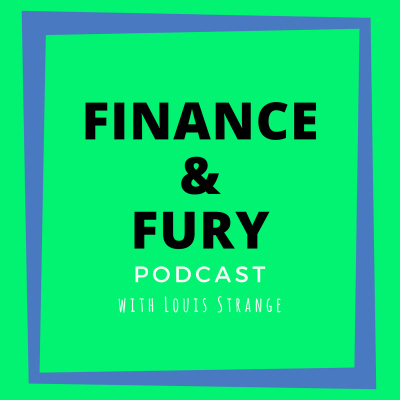Finance & Fury Podcast
What happens when a family trust comes to the end of its life? What happens with the assets and are there CGT or stamp duty liabilities?
- Autor: Vários
- Narrador: Vários
- Editor: Podcast
- Duración: 0:10:52
- Mas informaciones
Informações:
Sinopsis
Welcome to Finance and Fury, The Say What Wednesday edition. Today's question comes from Gab. Hi Louis, thank you (as always) for the great content. I've got another question that I've struggled with recently, and I'm hoping you can shed some light on the topic. I've setup a family trust for our investments, but, as you know, they have a limited shelf life of 80 years. What happens when a family trust comes to the end of its life? What happens with the assets and are there CGT or stamp duty liabilities? Is there a way to minimize costs and maintain the trust structure? Thanks, Gab Hi Gab, no worries at all! Glad to hear you are enjoying it. Great question – Preface – not a tax expert – important to get legal advice - but this is what I know Family Trusts have an 80-year lifespan – when a trust is set up the time it is active can be set for before this, but the max is 80 years and is generally the default to maximise the benefits Known as The 'vesting' date – i.e. the point in time which a trust has to be



